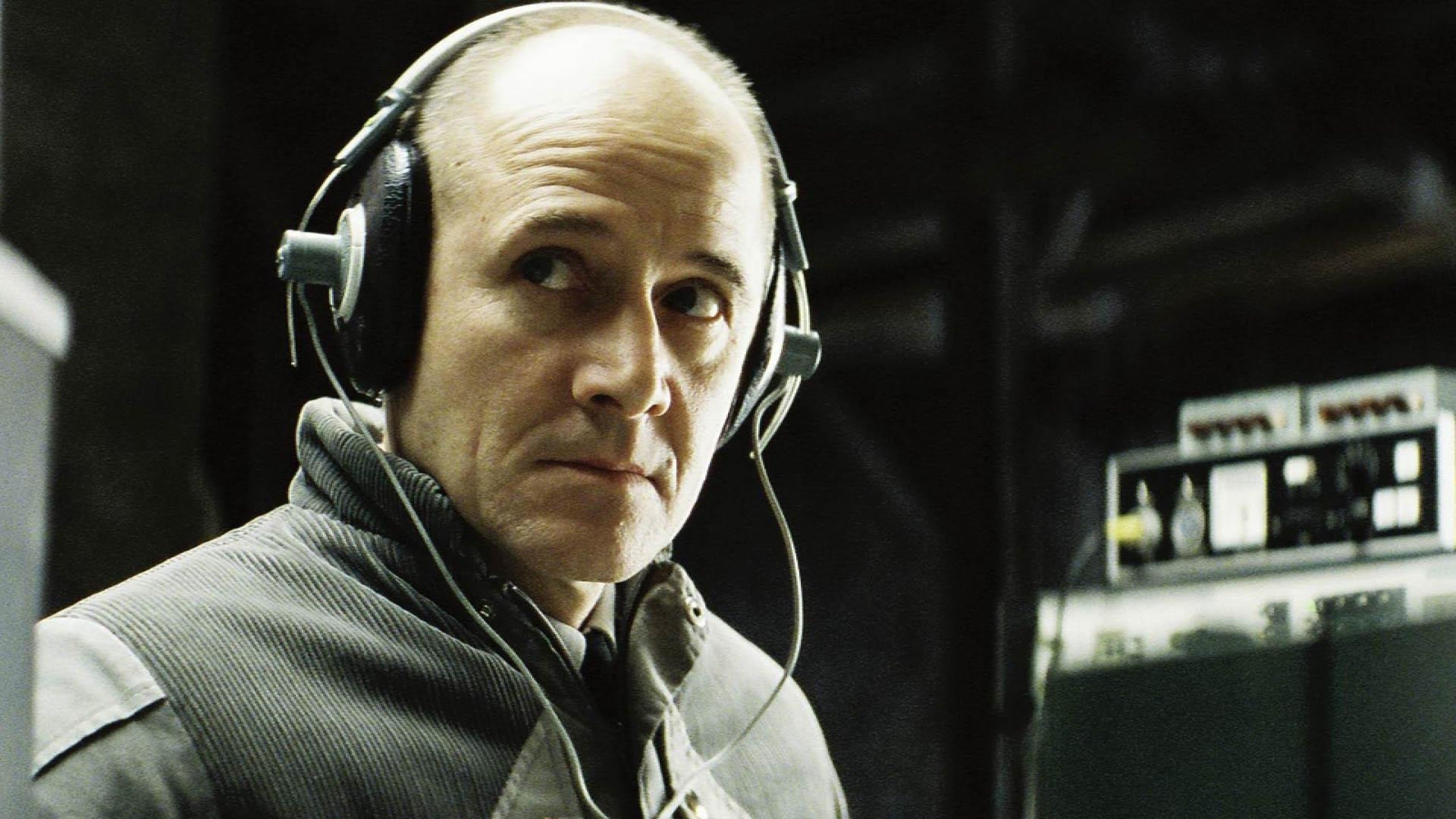portman123@portman123
Good guys facing tragic circumstances in an interesting period of history.
Because you view the main characters lives from the perspective of the morally confused Stasi Officer investigating them, you receive more information than the characters have about their hopeless situation. This makes it all the more tragic to see the suffering they endure.
Absolutely love this film. The only film so far to make my dad and I cry.

CinemaSerf@Geronimo1967
This isn't so much a thriller as a glaring example of the corrupting power of the state, and of those charged with crafting and implementing it's policies. "Dreyman" (Sebastian Koch) is an East German playwright who is popular with the communist elite because his works manage to extol the virtues of their people's republic. The minister "Hempf" (Thomas Thieme) goes through all the supportive motions with him, but meantime asks the Stasi to keep an eye on him. The very ambitious "Grubitz" (Ulrich Tukur) selects his meticulous colleague "Wiesler" (Ulrich Mühe) to manage the surveillance and off we go. What dawns on them very quickly is that they are being used by the politician to discredit the writer for an altogether different reason. He has designs on actress "Christa-Maria" (Martina Gedeck) who just happens to be the girlfriend of their new quarry. She has very reluctantly agreed to his advances in the past, but on the basis that resistance would be pretty futile as he is not a man to be crossed. If they needed proof of that, they just have to look at the ostracised "Jerska" (Volkmar Kleinart) who is now reduced to living in a glorified flat share and who cannot get any work. The hitherto unshakeable loyalty of "Wiesler" starts to wobble a bit now. He dislikes being used and as his surveillance continues, he realises that maybe his targets are not the right ones! Gradually, the internecine and political elements close in on all of them and as pressure grows to deliver results, things take a tragic turn for just about everyone. It's quite a potently paced and cleverly written indictment of totalitarian regimes, this. The people live in fear and so conform; the state controls all aspects of the infrastructure of daily life and those who have climbed the greasy red pole soon display all the Orwellian credentials of his "Napoleon" from "Animal Farm". Plaudits must go to Gedeck who plays well the conflicted character who must juggle her love and her life and to Mühe who shows that as a former master of the indoctrinating arts, "Wiesler" too might be capable of change. Of humanity even. There's a fun scene where one of their colleagues is telling a joke about Erich Honecker and is accidentally overheard. We see him again later - but neither character is doing the job they signed up for!

